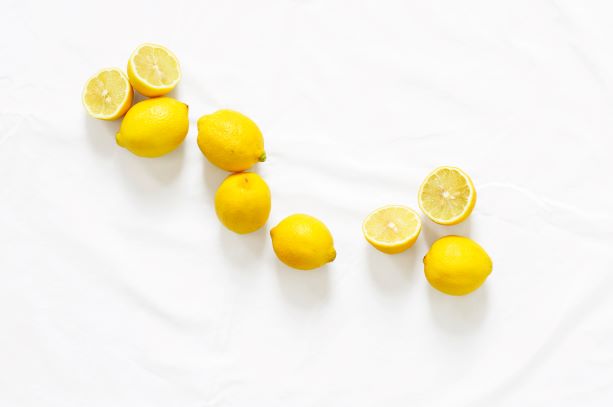Stomach Acid & Iron Deficiency

Iron deficiency anemia and acid reflux are connected. Three patients this week reported acid reflux as well as severe iron deficiency. Their symptoms included anxiety, poor exercise recovery, fatigue, dizziness, tinnitus, depression and insomnia. Two are taking antacids and proton pump inhibitors. These medications will make things worse in the long run. I’ll explain why.
The Real Cause of Reflux
High intra-abdominal pressure can push stomach contents up to the esophagus, causing heartburn and reflux. This happens when carbohydrates, especially refined carbohydrates, expand in the stomach. Our stomach acid breaks down protein and protects us from pathogens. It also begins a cascade of reactions where pancreatic enzymes and bile are released so that carbs and fats can be digested in the the small intestine. When we experience reflux it’s not because we have too much stomach acid. It’s because we don’t have enough!
Low Stomach Acid
Hypochlorhydria or low stomach acid is the underlying cause of reflux and GERD (gastroesophageal reflux disease). Increased pressure in the stomach causes the stomach acid to be pushed up to the LES (lower esophageal sphincter). A small amount of acid can irritate this sphincter causing symptoms of heartburn and reflux. By suppressing stomach acid with antacids and PPIs digestion is compromised and infections are more likely to occur. Nutrient absorption is compromised.
Iron Deficiency Anemia
A person can be taking in enough iron from food and supplements but their low stomach acid could be the problem. Lack of digestive capacity means malabsorption of nutrients. It can also mean a compromised gut lining. The terminal end of the small intestine is where we absorb iron and B12. Overgrowth and infection by pathogens like h.pylori is common in the stomach. H.pylori can contribute to reflux. If stomach acid is robust, overgrowth and infections in the small intestine are less probable. Absorption is better and so is immune function to fight pathogens.
Resolve Reflux Naturally
1. Find out if you have infections. Work with someone you trust to treat these infections. Antibiotics are not necessary. Depending on the infection herbs and nutraceuticals are effective and do less damage. They also support function by having more than one action.
2. Use betaine HCL and raw apple cider vinegar to stimulate stomach acid production. Take this before meals higher in protein. Lemon juice can be helpful as well but more so by increasing iron absorption by providing vitamin C.
3. Throw out your antacids. Instead chew on DGL (deglycyrrhizinated licorice) for symptoms. Aloe vera juice and mucilaginous herbs like marshmallow can help repair the intestinal lining.
4. Choose your carbohydrates carefully. Cut out processed flours completely. Choose small amounts of root veggies that are cooked. Avoid grains if they give you symptoms.
5. Add in some bitters. These support digestion and peristalsis which reduces the chances of reinfection by keeping the contents of the small intestine moving.
6. Enjoy bone broth often. Bone broth heals the gut.
Related Posts
 Lung Health & Long COVID Recovery
Lung Health & Long COVID Recovery
 The Microbiome and GLP-1 Agonists
The Microbiome and GLP-1 Agonists




